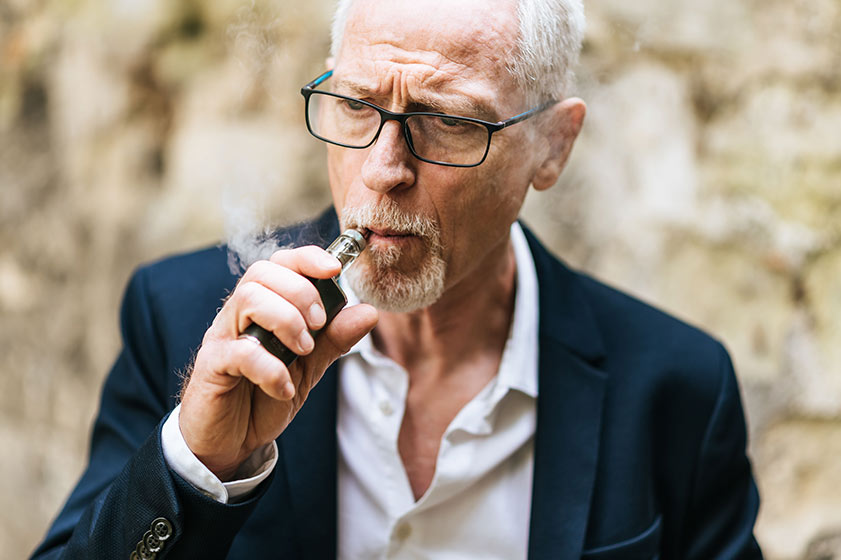To safeguard their health and lower their risk of significant medical disorders, your loved ones must adopt healthy habits. For some seniors, this might be tough, especially if they have unhealthy habits. Family caregivers should assist your loved ones in replacing unhealthy habits with healthy ones. Listed below are some ways you can recognize unhealthy habits and the ways to change them.
Smoking
Smoking cigarettes or other tobacco products has been related to a variety of major health problems in older adults, including lung cancer and heart disease. While it can be tough for many to give up smoking, cessation reduces these risks significantly. To help their loved ones quit smoking, family caregivers should offer support and speak with their loved one’s doctor.
Spending Too Much Time Alone
Some of us develop the habit of spending the majority of our time alone, which can lead to sadness if it is excessive. Companionship can be provided by family carers, who can encourage elders to socialize with their peers.
Depending on Pain Medications
For your loved ones with medical conditions that cause chronic pain, such as arthritis, may frequently rely on pain relievers. Taking too many of these drugs might have side effects, such as an increased risk of ulcers. The quantity of discomfort should be monitored by family caregivers at all times.
Drinking Too Much Alcohol
Too much alcohol, especially when consumed regularly, can have negative consequences on cognitive function and various body organs. Caregivers should keep an eye on how much alcohol their loved one consumes.
Getting Insufficient Sleep
Common bad sleep etiquette like eating heavy meals before night or watching TV before bed may result in poor sleep quality. Family caregivers can assist in developing appropriate sleeping habits, such as engaging in a peaceful activity before bed and keeping the lights dim. Building healthy behaviors like these can lead to greater sleep quality, which reduces the risk of health problems caused by insufficient or bad sleep.
Managing Stress Badly
Physical, emotional, and mental health can all be affected by stress. Family caregivers could assist elders in finding appropriate stress management techniques, such as talking about their feelings, keeping a diary, performing yoga, or learning to meditate.
Eating a High-Fat Diet
High-saturated-fat diets raise the risk of high cholesterol, high blood pressure, and significant heart disease. Meals should be prepared with low-fat foods and plenty of fruits and vegetables by family carers. Nutritional meals can also be prepared by professional at-home carers for elderly individuals.
Sitting around Too Much
Physical activity is one of the most effective ways for us to maintain our health. Deskbound people, especially those who are overweight, are at a higher risk of developing diabetes and other serious health problems. Caregivers should urge their loved ones to exercise on a daily basis, such as going for walks or stretching at home.
Discovery Village At Twin Creek’s caregivers are available to provide high-quality care to your loved ones on an as-needed basis. Professional caregivers can assist your loved one in a variety of ways, including mobility and exercise, as well as providing transportation to the doctor’s office or even social events.







